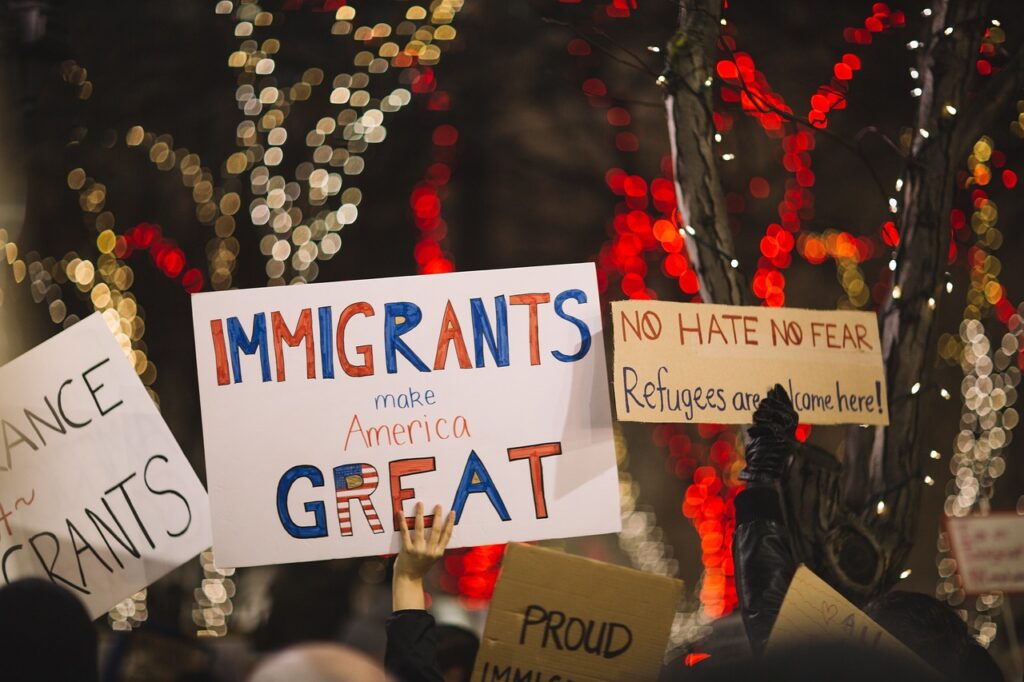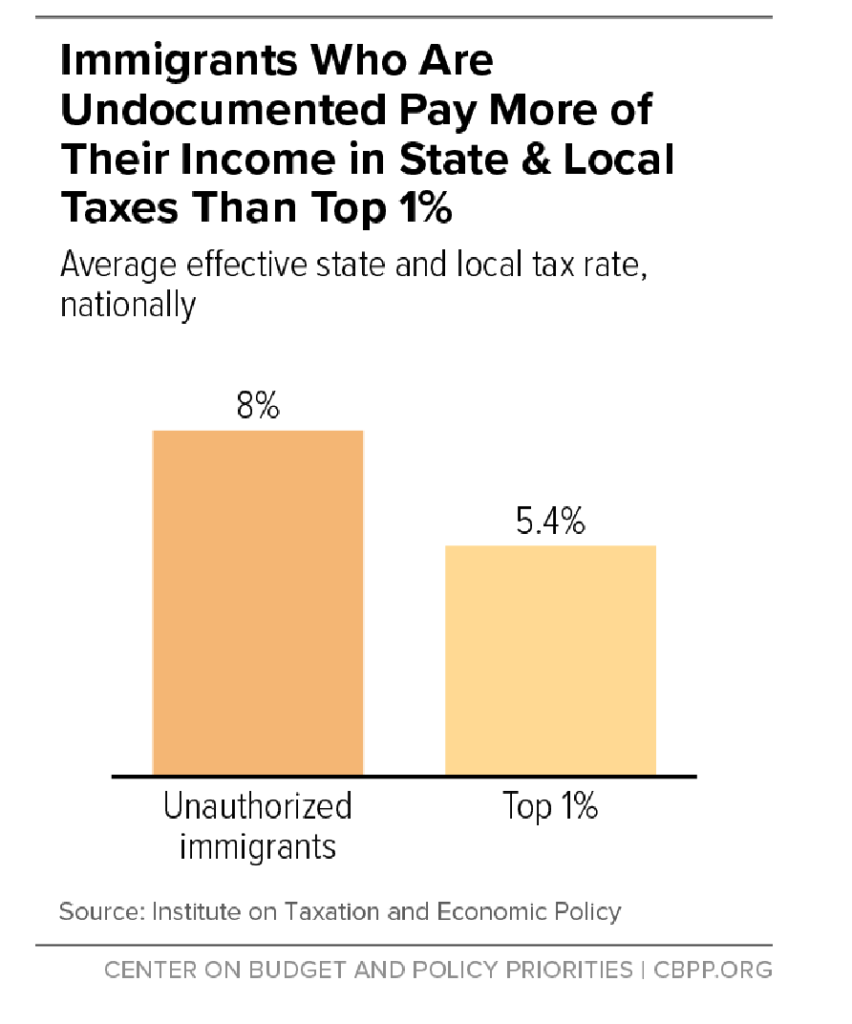Despite economic studies highlighting benefits, negative views on immigration persist.

posters people rally protest 2590766
You can take Forbes, The Washington Post, The New York Times, The International Monetary Fund and even the George W. Bush center, they all will say that immigration bring more money than it “steals”.
We are living in times where everything can be measured and studied, but yet, some informations are on all TV shows, and others in a little article at the bottom of the last page. That’s why the immigrant is still seen as the enemy for a lot of people and a lot of campaigns are based on that.
But it is what it is, migrants are just seeking a better life and most of them are willing the same thing as everyone else. In the US they even pay more taxes that the rich locals.

Can you believe it ? Some individuals fear that immigrants will compete for jobs, lower wages, or strain social services. Even if empirical evidence suggests otherwise, perceptions can be influenced by personal experiences or anecdotes and media.
Politicians and media outlets sometimes exploit concerns about immigration for their own purposes, framing immigrants as scapegoats for various societal problems. That happens when media are owned by a few number of persons and there is no pluralism. So everyone tells the same story to follow this or that narrative.
But that’s a big problem because peer influence and social norms also play a significant role. If someone is surrounded by individuals who hold negative views on immigration, they may be more likely to adopt similar attitudes, regardless of the evidence.
And that brings us to another subject, that people ignore totally how the world goes. The same people that will tell you that you can’t fight the world famine because it’s how the world goes.
Well, people move. Like animals, if the environnement surrounding us becomes hostile, our survival instinct tells us to leave. So we risk our live with the hope of something better.
It can be a war, a dictatorship, a flood, a drought. Reasons are countless but the consequences are the same, leave for a better place to live.
We’re all human, aren’t we? Whether fate places us in Africa, Asia, Europe, or the Americas, what does it truly signify? We don’t choose where we’re born, but we do have the power to change it. Almost every country has its share of sorrowful chapters in history that have driven people to seek new homes through migration.
Do we fear immigration because we feel like sometimes it has become colonization ? Those who used to colonize now understand what it means to be obliged to change their culture and lose their roots ?
Well this is a psychological trauma that has to be fixed, because colonization involves the control by a foreign power over a territory.
So, what politics tries to hide behind migrations problems is just racism and manipulation. There is not other way to call it, they just need a scapegoat. But the real problem is their lack of competences and solution to reducing poorness and social inequalities.
In every country you go, the poor are the “troublemakers”. This stigmatisation and narrative make the social inequality grow and the people fight against each other for a piece of bread. In so-called developed countries, migrants are mostly poor and excluded from society, making a vicious circle.
The world is a living organism, made of adaptation, balance, complexity, vulnerability and interconnections. When we’ll learn that and when we will start to act as we were all in the same organism, things will be better for all of us.
It’s important to remember that being born in a privileged environment doesn’t inherently entitle you to more opportunities than someone else




